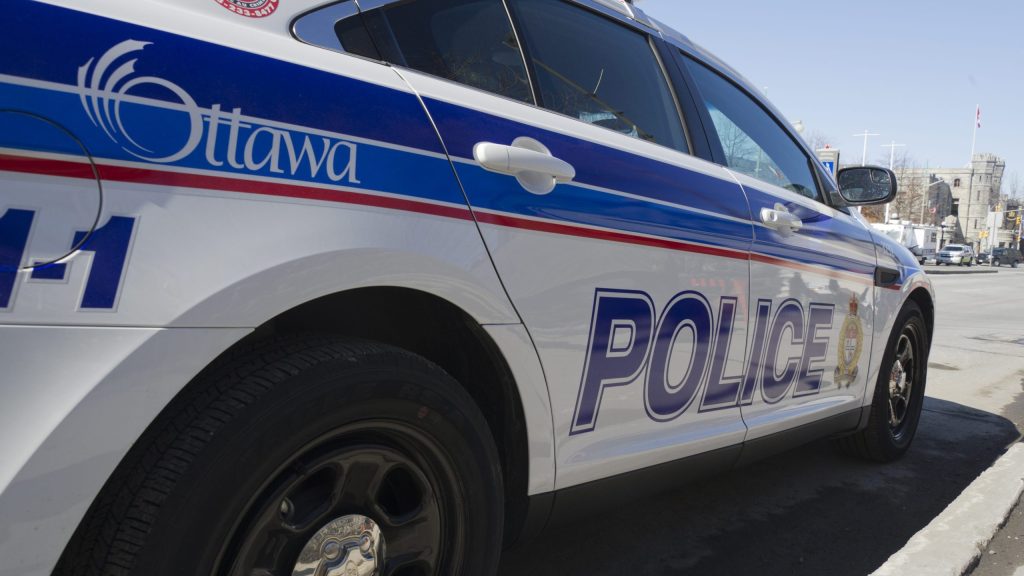Teen Challenge Canada: Looking into the face of addiction in Canada
Posted Sep 22, 2022 04:00:00 PM.
The face of addiction in Canada is much more – and much deeper – than even what the Canadian media will portray.
Personal addiction impacts almost every Canadian in some way. According to the Canadian Mental Health Association, 21% of Canadians – 6 million people – will meet the criteria for addiction in their lifetime.
Teen Challenge Canada, a proven 12-month rehabilitation program, provides the care these people need to overcome the many challenges and triggers that prevent them from becoming sober on their own.
As a non-profit organization that receives no ongoing funding from the government, they rely solely on donations from the community in order to provide its life-changing program. Teen Challenge heavily depends on its vehicle donation program to raise the funds they need each year to support the men and women in Eastern Ontario – and across Canada – to overcome substance addictions.
“To support the programs and services provided by Teen Challenge Canada centres, including the Eastern Ontario Men’s Centre in Renfrew, we truly need donations of used vehicles” says Glen Smeltzer, Teen Challenge Canada CEO. “With addiction services taking a backseat during the pandemic within many regions of Canada, it’s essential that we put those who are struggling with addiction back into the front seat of our minds.”
What does the face of addiction in Canada actually look like?
The face of addiction in Canada is not a pretty one. Canada has the second highest number of drug overdose deaths in the world and it has also seen an increase in the number of people who are addicted to opioids.
Drug addiction is a problem that affects all kinds of people regardless of age, gender, race or socioeconomic status.
There are many reasons why people choose addiction. Some of these explanations are that they feel like they have nothing to live for, they want to escape from their life situations, or they have been using drugs since childhood. Overcoming addiction is more than simply “getting help” or “just stop doing it.” Many lose contact with their friends and family, which leads many down an even more treacherous path of self-hate.
The decision in itself to reach out for help is a huge one.
“They arrive at our doors feeling worthless and exhausted, wanting to end the cycle of substance abuse. Many suffering in addiction describe ‘needing’ drugs and alcohol ‘just to feel normal’ and how drugs and alcohol slowly took over every aspect of their lives,” says a 2020 Impact Report from Teen Challenge Canada
“Many of these men and women describe how they broke promises, told lies, stole from loved ones and degraded themselves just to acquire their substance of choice. But at Teen Challenge we know that these past life choices do not need to dictate the future of those entrenched in addiction,” says Glen Smeltzer, CEO.
Clients that partake in the Teen Challenge program receive counselling sessions from an Accredited Addiction Counselor, learn to form healthy habits, and reorient themselves back into the community.
Through the program, they can “uncross their arms, unclench their fists, and begin to put down the defenses they needed during life in addiction. During counselling sessions, they release hurts and acknowledge the harm they have caused to others. They respond to life-giving words and begin to transform and through community with staff and others in recovery, they learn to care and be cared for again. Serving each other and volunteering in the community, reignites a desire to work and contribute.”
If you or someone you know needs help, visit www.teenchallenge.ca/get-help today.
If you want to support the work of Teen Challenge in Eastern Ontario consider donating your used vehicle today. If your old vehicle is ready to go to help change a life, go to www.donateyourcar.ca or call 1 (800) 856-8902.
To learn more about the ministry of Teen Challenge Canada, go to www.teenchallenge.ca.










